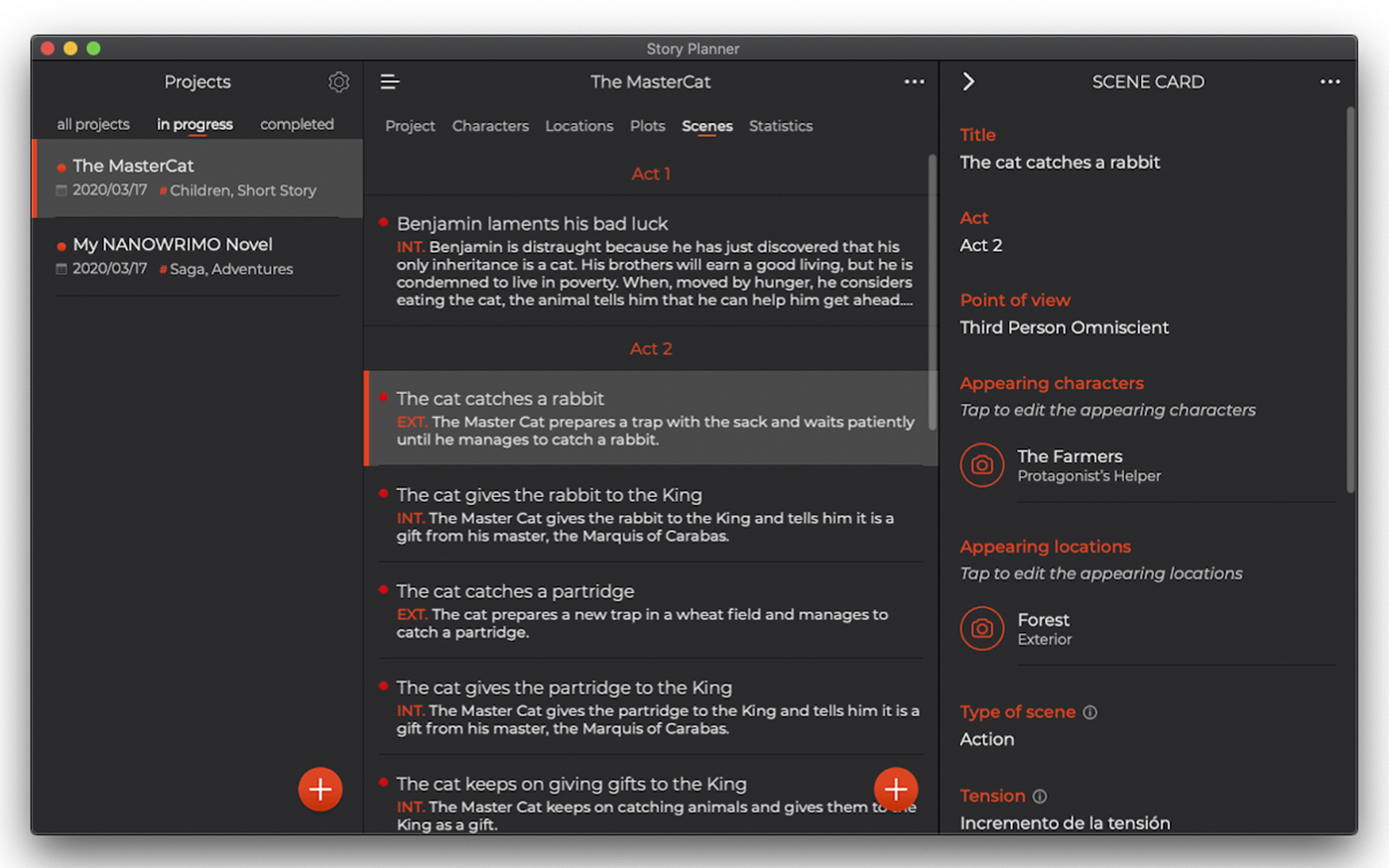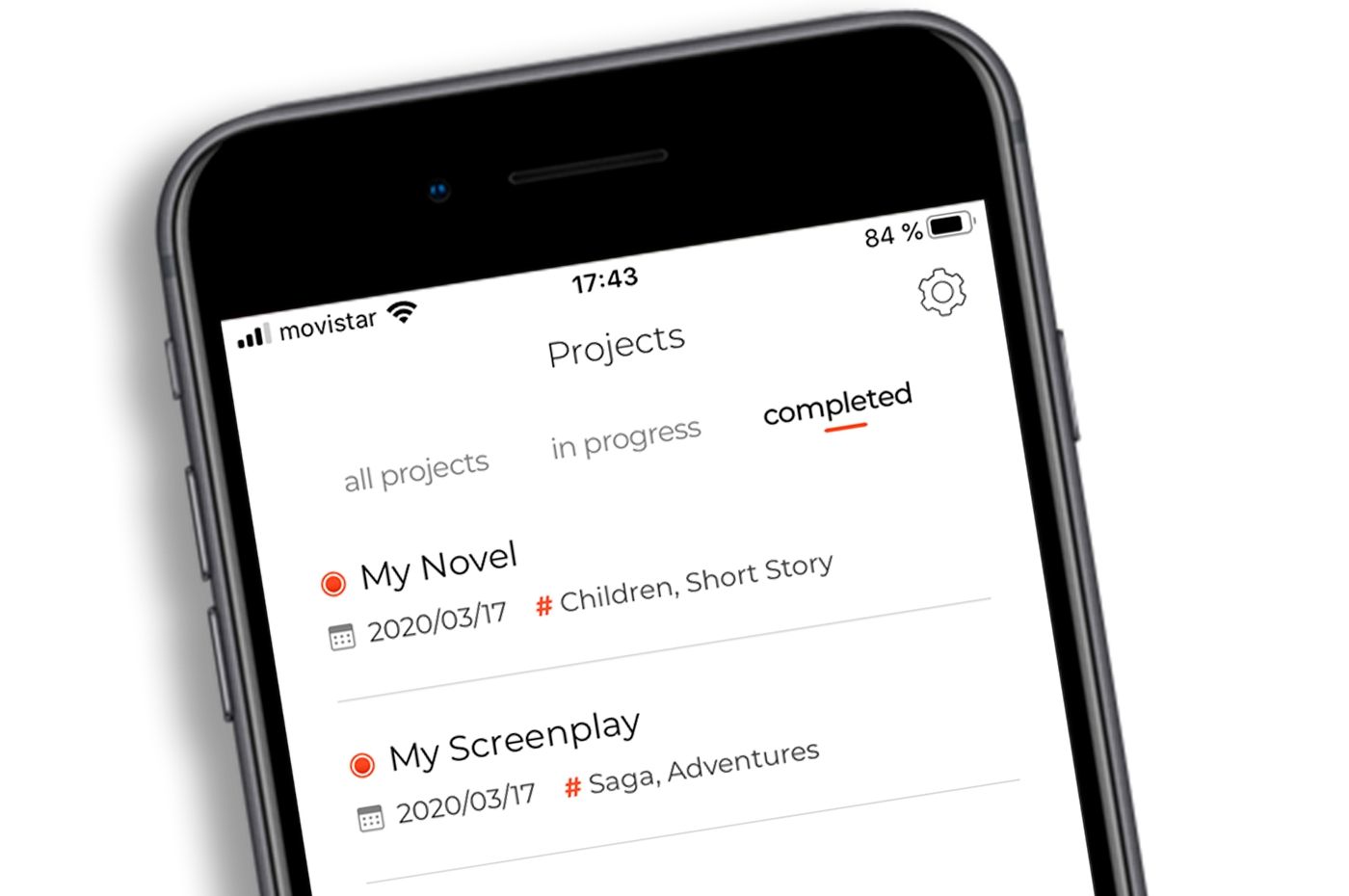
If you’ve been writing for a while, you may have read before that there are two kinds of writers: plotters and pantsers. Plotters work on the plot and plan the story before writing it. Pantsers, on the other hand, “fly by the seat of their pants” and jump into the novel without having any idea of how it’s going to progress.
If you’ve tried the pantser method before and it has gone well, congratulations! If it works for you, go ahead and use it. But if you’ve tried it and you haven’t been able to finish your work, or if it’s your first foray into novels and you aren’t sure if you’re a plotter or a pantser, our advice is to give planning a chance. Why? We have at least ten good reasons:
1. You’ll avoid writer’s block. It’s quite common for writers who use the pantser method to start their novel with great enthusiasm, but then reach a point where they don’t know how to continue. Having an idea of how the plot will advance will reduce your anxiety while writing and increase the chances of successfully finishing your novel.
2. You’ll always know what you need to write. Ernest Hemingway said that the best way to avoid getting stuck was to always know where he was going to start writing the next day. By having a scene-by-scene plan for your story, you’ll know what you need to write in each session. You can even check your plan hours ahead so you can mentally work on the scenes you’ll be constructing later. That way you’ll be able to take advantage of any free time that comes your way.

3. You’ll avoid inconsistencies and holes in the plot. Planning a novel lets you see the entire story at a glance before writing it, so you can find inconsistencies in the plot, characters that don’t work or are in two places at once, issues with the amount of time that passes in the novel, etc. Story Planner provides complete statistics for each project you create, making it even easier for you to find these mistakes in your story and fix them before starting on your first draft.
4. You’ll create more interesting characters with clear objectives. It’s true that characters have lives of their own, and when you write your first draft you’ll undoubtedly be surprised by actions you hadn’t imagined before. But working on your characters before writing the novel will allow you to get to know them better, give them interesting objectives and internal dilemmas, and make them more cohesive with the story. That way you won’t have to wonder how your protagonist should react to a certain situation, because they’ll be consistent, interesting characters for the reader.
5. You’ll speed up the writing process. With good advance planning, you’ll write your novel much faster. Not only because you won’t get writer’s block or get stuck halfway through wondering how the plot should continue; you’ll also avoid revisions and rewrites to fix problems with the plot or characters because you already did that work when they were easier to fix.
6. You’ll always have your project at hand. Since Story Planner syncs across all of your iOS and macOS devices, you’ll be able to access your project anywhere and easily make changes. Plus, with the app’s automatic backups, you can always recover an earlier version of the project in case you change your mind and prefer to go back.
7. It’s not more boring, quite the opposite. To pantsers who claim that outlining takes the emotion out of writing, our response is that emotion starts earlier, with planning, and lasts much longer. Creating the story’s characters and settings, as well as constructing it scene by scene, is an emotional, gratifying and creative job. Instead of having to think about how to deal with a specific part of the story, you work on the novel as a whole, which allows you to come up with new plot ideas. Ideas that perhaps wouldn’t have occurred to you without the outlining process.

Writing a novel or a screenplay is hard work. Story Planner makes it easier for you. Discover this intuitive app and outline your stories like a professional writer.
8. It lets you focus on what’s important. Can you imagine a film director who, instead of directing the scene they’re shooting, had to write it from scratch? If you have good planning, when you work on the first draft you can be like a film director and concentrate on enjoying the scene. You’ll be able to focus all of your energy on creating text that makes the setting, action, dialogue and characters stand out. This will also save you rewriting time and will make your novel much more interesting.
9. You can take the planning to your favorite writing medium. Story Planner allows you to print or export your project in different formats so you can work on the outline directly from your favorite writing program, on paper, or view it from your phone if you prefer.
10. It’s easy and intuitive. Last but not least, Story Planner is designed to make the writing process as easy and comfortable as possible for you. Professional planning doesn’t have to be tedious or complicated. On the contrary, Story Planner guides you step by step so you get the best possible outline, but without wasting time organizing papers or writing materials. That way you can focus on your ideas and unleash your creativity.
Of course, there are more reasons, but we think that with this list, we’ve already made the importance of good planning clear and shown you how we can help you achieve it.
Happy outlining!
With a premise, you’ll have a clearer idea of the story you want to tell before diving into your first draft. It can also help you when trying to sell your story...
Think of the potential reader who walks by a bookstore or the editor to whom you sent a manuscript. They have hundreds of available books...
Character sketches are, so to speak, the characters’ biography or CV. They can take many forms, but they are usually divided into two groups...
SHARE THIS PAGE!